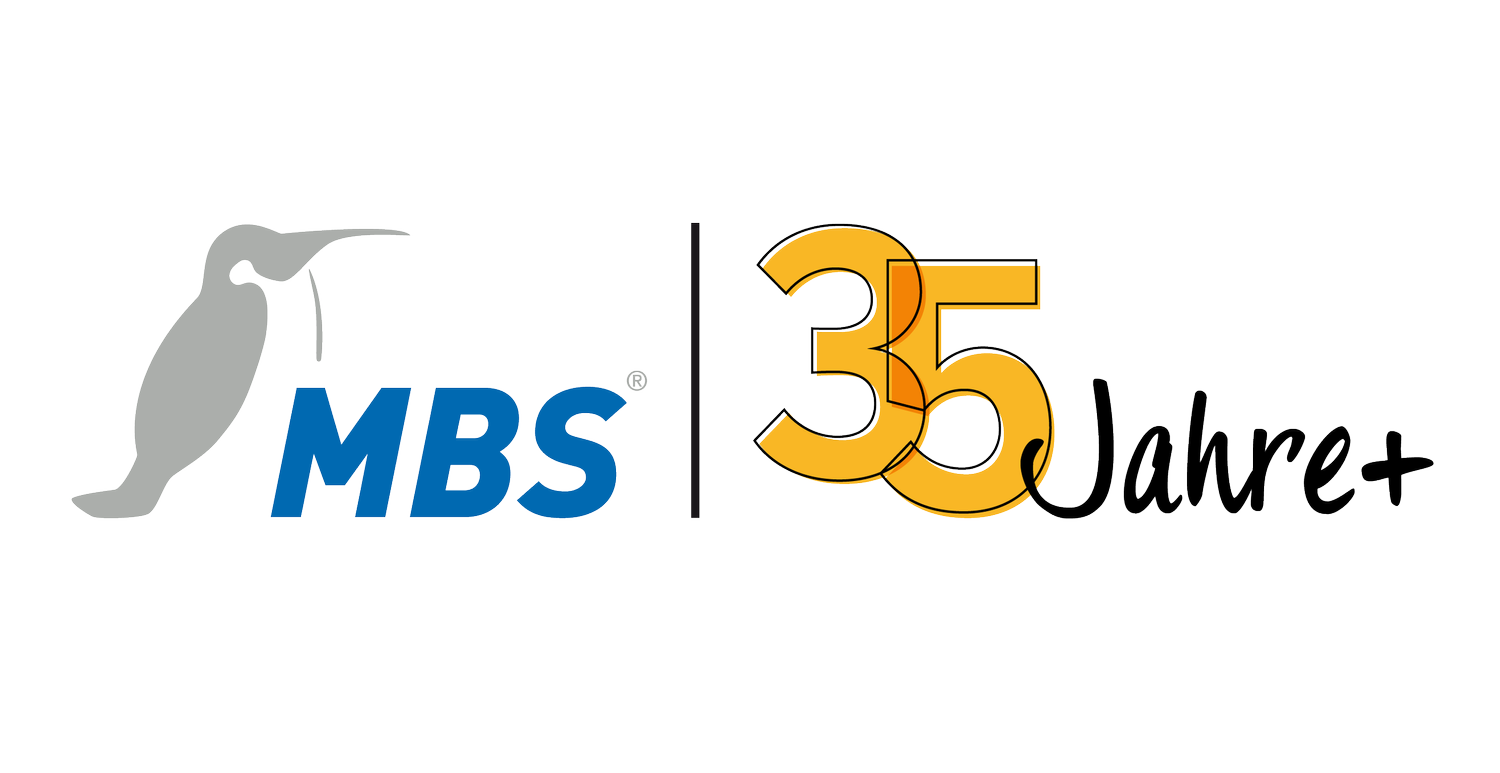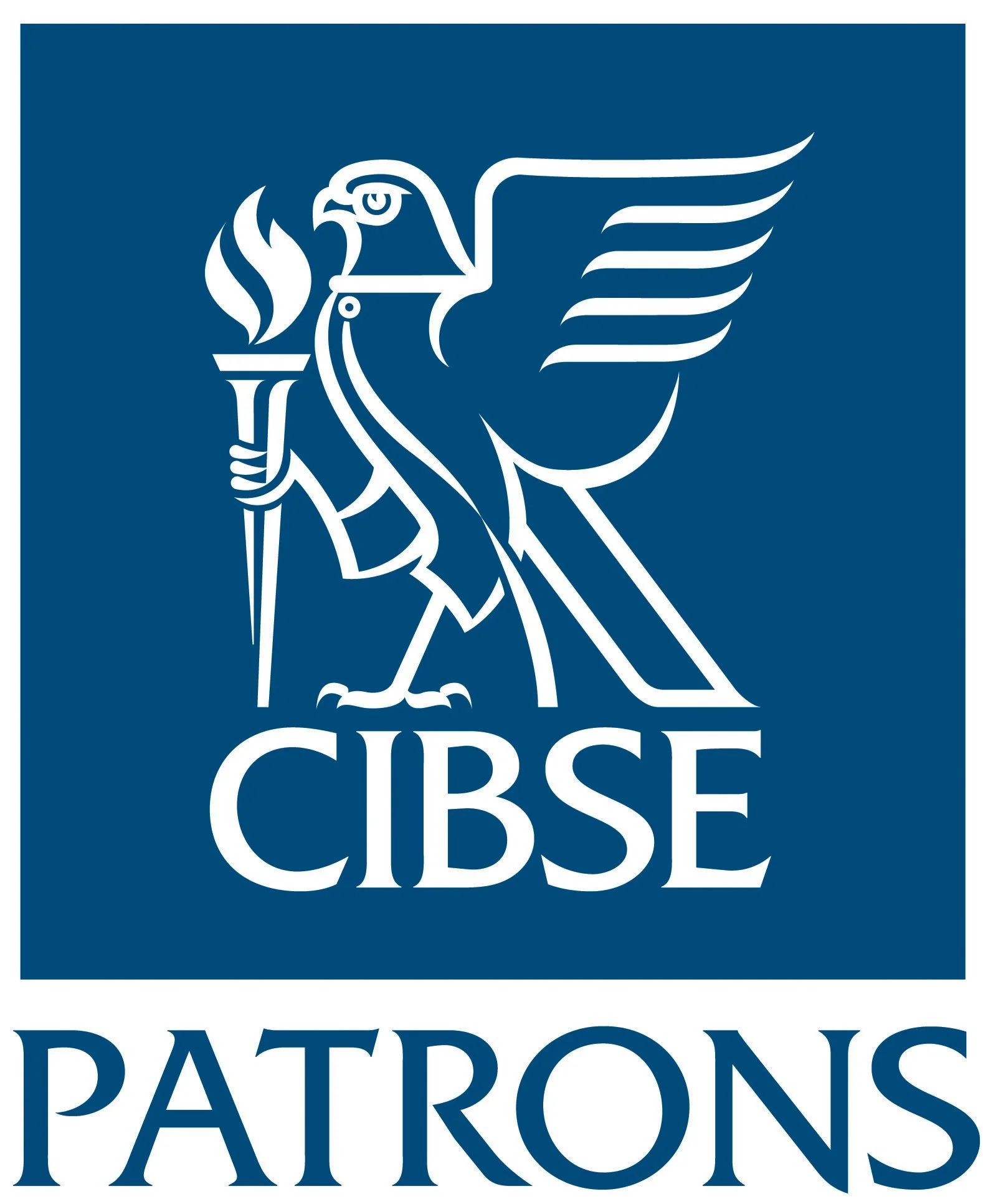DALI stack
Technical data
The architecture
To integrate the DALI stack into an application, a header file "libdali.h" is available, in which all necessary data types, functions, structures, constants, action and reaction codes are defined. The DALI stack is available as a binary file "liblibdali.a".
DALI stack implements DALI 2.0 functions
The DALI stack supports functions that are defined in the general requirements for DALI 2.0 operating and control devices. These include the following functions:
Processing of all DALI commands from the DALI bus, monitoring of all corresponding error states on the DALI bus.
Prerequisite for this: Transmission errors at bit/frame level must be detected and processed by the low-level driver.Processing of the corresponding light output for gearbox control with timing and sequence fade conditions
Processing of the DALI controller via the bus interface; DALI short address assignment, including assignment of random addresses in coordination with the DALI controllers. The DALI stack provides configuration commands; the automatic configuration logic of the DALI device must be implemented in the HOST application in advance.
Management of delays and other timing conditions related to DALI operations. Timings at bit/frame transmission level are managed by the low level driver, frame-level timings (timing conditions between multiple DALI frames) are managed by the DALI stack.
Power supply
DALI Part 250 - Integrated bus power supply (Device Type 49)
Data specifications for LED drivers
DALI part 251 - Memory bank 1 extension (device type 50)
DALI Part 252 - Energy report (Device Type 51)
DALI Part 253 - Diagnostics and maintenance (Device Type 52)
Properties
Simple communication
Simplifies development
Communicates via the Stack API function
Developed with ANSI-C
DALI 2.0 (IEC 62386)
The device types
The DALI stack supports different device types and can be set up accordingly.
Mode I - Control device
Control devices
Single master technology in accordance with IEC 62386 Part 103
Multimaster technology in accordance with IEC 62386 Part 103
Mode II - Input device
Input devices
The following input devices are supported:
Part 301 (Push buttons)
Part 303 (presence sensors)
Part 304 (light sensors)
Mode III - Operating device
Control gears
Part 201 (Flurescent lamps) device type 0
Part 202 (Self-contained emergency lighting) device type 1 (Edition 2.0)
Part 207 (LED Modules) device type 6
Part 208 (Switching function) device type 7
Part 209 (Color control) device type 8 RGBWAF Only
Memory requirements overview
(The specifications may vary slightly)
32Bit CPUs
16Bit CPUs
Flash
Ram
Flash
Ram
All features active including
D4i extensions:
All features active without
D4i extensions (as supplied):
Devices switched off
(no more application controller possible only gears):
Devices switched off, no color support (DT8):
88 kB
81 kB
62 kB
55 kB
11 kB
10,2 kB
9,5 kB
9 kB
34 kB
30,2 Kb
22 kB
19 kB
9 kB
8 kB
7,2 kB
7 kB
The requirements
Hardware requirements
The library works with a stack size between 1 and 1.5 kByte
Two GPIOs (one with interrupt)
A timer with a width of at least 24 bits with an associated timer interrupt
The DALI-2 library requires support for non-volatile memory of at least 526 bytes
The DALI stack runs on a variety of processors. Due to this variety, we are only listing those that we have already successfully tested:
Microchip
ATSAMD21G17D
ATSAME54P20A
Renesas
RA2
RA6
STMicroelectronics
STM32G071
STM32G474
STM32L496
STM32WB55
STM32F091CCU7
The list is constantly being expanded.
If you use a processor in your project that is not listed here, we will be happy to check the possibilities with our DALI stack free of charge.
If you have any questions, just give us a call.
We look forward to talking to you:
T +49 2151 7294-0 | E info@mbs-solutions.de






